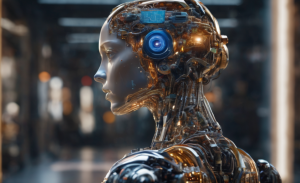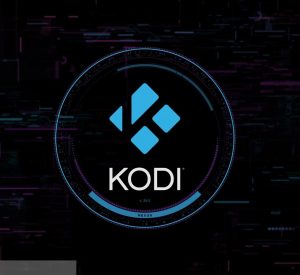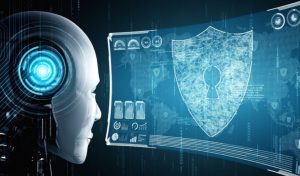Scientists look to harness the power of AI and the mind combined
2 min readScientists are working to combine the powers of the human brain with artificial intelligence to produce a revolutionary new class of data processor by growing brain cells on a microchip.
An international collaboration led Aston University has been awarded £3million by the European Commission to show how neurons – the brain’s information processors – can be harnessed to supercharge computers’ ability to learn.
As part of a three-year study, the researchers will layer networks of stem cells resembling the human cortex onto microchips. They will then stimulate the cells by firing changing patterns of light beams at them.
Sophisticated 3D computer modelling will allow them to observe any changes the cells undergo, to see how adaptable they are. This imitates the “plasticity” of the human brain, which can rapidly adapt to new information.
Hopes of a new paradigm
“Our aim is to harness the unrivalled computing power of the human brain to dramatically increase the ability of computers to help us solve complex problems. We believe this project has the potential to break through current limitations of processing power and energy consumption to bring about a paradigm shift in machine learning technology,” said Rhein Parri, of Aston University.

Use of AI is becoming ever more prevalent in areas as diverse as healthcare, finance, autonomous vehicles and speech recognition, right through to recommending films through on-demand services like Netflix.
The “big four” tech companies – Apple, Google, Amazon and Facebook – and many others are investing heavily in machine learning to tailor their products and better understand their customers.

Read More
Some dogs have the language comprehension skills of toddlers, study finds
Current limitations
But current electronic approaches to machine learning have limits, requiring ever-growing computing power and high energy demands.
The recent trend towards “neuromorphic computing”, which aims to mimic human neural activity electronically, is hampered by the inherent limitations of conventional electronics.
In contrast, human brain cells effortlessly combine functions and have extremely low power demands, requiring only a small volume of a nutrient-rich solution to operate according researchers involved in the collaboration, known as the Neu-ChiP project.






